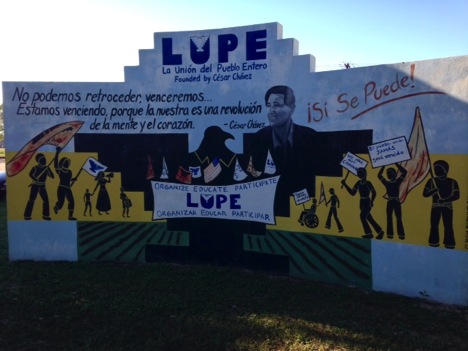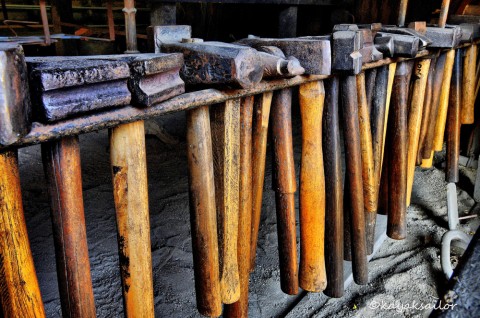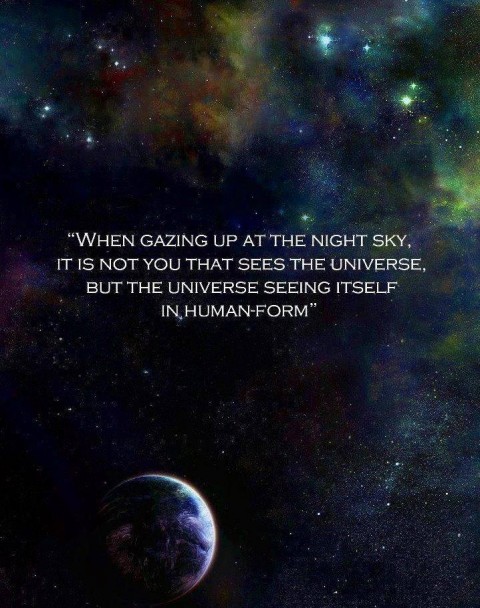Tag Archive: love
November 22, 2013

The following is a letter by Akaya Windwood, President of the Rockwood Leadership Institute and member of the IISC Board of Directors. We hope you enjoy it as much as we did and don’t forget to join the conversation!
Recently, four friends of mine lost parents and siblings. Rockwood has had a few unanticipated challenges this year. The ripples of the 2008 recession are still affecting the nonprofit sector, and many organizations are struggling. The instability of our national government in recent months has made things very difficult for many folks.
Read More
November 22, 2013

The following is a letter by Akaya Windwood, President of the Rockwood Leadership Institute and member of the IISC Board of Directors. We hope you enjoy it as much as we did and don’t forget to join the conversation!
Recently, four friends of mine lost parents and siblings. Rockwood has had a few unanticipated challenges this year. The ripples of the 2008 recession are still affecting the nonprofit sector, and many organizations are struggling. The instability of our national government in recent months has made things very difficult for many folks.
Read More
October 28, 2013

“We can’t retreat, we will win… We are winning because our revolution is one of the mind and the heart.” César E. Chávez
During a visit to LUPE, the community union founded by César E. Chávez and the United Farm Workers, Annie E. Casey Foundation’s Partner Organizations of Color explored the connections between child welfare, juvenile justice, community organizing and immigration. One participant spoke a word of caution to capacity builders and organizers who seek to engage and mobilize community residents. “We can’t be another broken promise to the people.”
Read More
October 24, 2013
“Wealth and income distribution no longer resemble a familiar ‘bell curve’ in which the bulk of the wealth accrue to a large middle class. Instead, the networked economy seems to be producing a ‘power-curve’ distribution, sometimes known as a ‘winner-take-all’ economy.”
– David Bollier, from “The Power Curve Society”

As is no doubt evident from past posts on this blog, we at IISC are enthusiastic about networks and their potential to create more equitable, healthy, thriving and sustainable communities. We do not, however, subscribe to the belief that network approaches in and of themselves guarantee the kinds of just and humanizing opportunities and outcomes we seek. We do encounter people who hold up networks as a sort of panacea, hoping that in an age of more distributed technology and open source approaches to problems and solutions, we will achieve some kind of democratic ideal that has to this point eluded us. That there is promise is evident in many stories that we have heard, witnessed, and shared on this site. That there is reason to be vigilant is also illustrated in the many signs of an ever-growing and highly racialized gap between rich and poor in this country and a continued reluctance on the part of many to look at these glaring inequities or the systems that perpetuate them. Read More
October 8, 2013

“Love” is now a category on the IISC Blog. How appropriate! Love is one of the three lenses that give shape to our work. And love is at the very heart of this project of social transformation. Love is path and goal. Love is how we get there and it is where we want to go.
Read More
October 2, 2013

Last week I represented IISC as a presenter/facilitator in a “deep dive” session at the Council on Foundations Conference for Community Foundations. The title of the session was “Complete Capital”and was inspired by an SSIR article by the same title written by Antony Bugg-Levine of the Nonprofit Finance Fund (NFF). Briefly, complete capital is a framework to help funders and other investors develop a fuller picture of the assets required to address complex social challenges: financial, intellectual, human, and social.
After presentations by Alison Gold of Living Cities (intellectual capital), Lisa Spinali (human capital) and Jessica LaBarbera of NFF (financial capital), and in the light of a couple of helpful case studies presented by Alison and Jessica, I offered a view of social capital that is more complex than what appears in the SSIR article. Read More
September 15, 2013

The following post is part 2 of a 2 part series on some collaborative tools and strategies to help us change our selves, change our organizations and change the world. We hope you find it helpful. We encourage you to join the conversation!
We are compelled by a quote from Theory U, attributed to William O’Brien “The success of an intervention depends on the interior condition of the intervener.” Collaborative tools and strategies are only truly useful in the hands of practitioners whose hearts are big enough to hold the complexities, struggles, hopes and fears that accompany the work of transforming racism. Read More
September 8, 2013

The following post is part 1 of a 2 part series on some collaborative tools and strategies to help us change our selves, change our organizations and change the world. We hope you find it helpful. We encourage you to join the conversation!
We are compelled by a quote from Theory U, attributed to William O’Brien “The success of an intervention depends on the interior condition of the intervener.” Collaborative tools and strategies are only truly useful in the hands of practitioners whose hearts are big enough to hold the complexities, struggles, hopes and fears that accompany the work of transforming racism. Read More
September 2, 2013

Appreciating this reflection by my friend Augusto Cuginotti. In the context of the USA I can already the resistance, “I came to work, not to be vulnerable.” In fact, we spend a lot of time designing spaces that protect us from vulnerability. But then, how will we ever sail towards what we do not yet know?
“Love comes when manipulation stops; when you think more about the other person than about his or her reactions to you. When you dare to reveal yourself fully. When you dare to be vulnerable” -Joyce Brothers
Read More
August 30, 2013

August 26, 2013
The way Maya Wiley quickly and effectively names the problem that we have in how we deal with racism is truly remarkable. It takes her two minutes to get across a point that can seem quite complex. Her Center for Social Inclusion is my client and I couldn’t be prouder of the association. Read More
August 26, 2013

We partnered with a foundation as they built a network of leaders who shared a deep passion for their city. In the beginning, many of the leaders wanted to do something together quickly. We encouraged them to pause, build deeper relationships, and see what emerged. Read More









